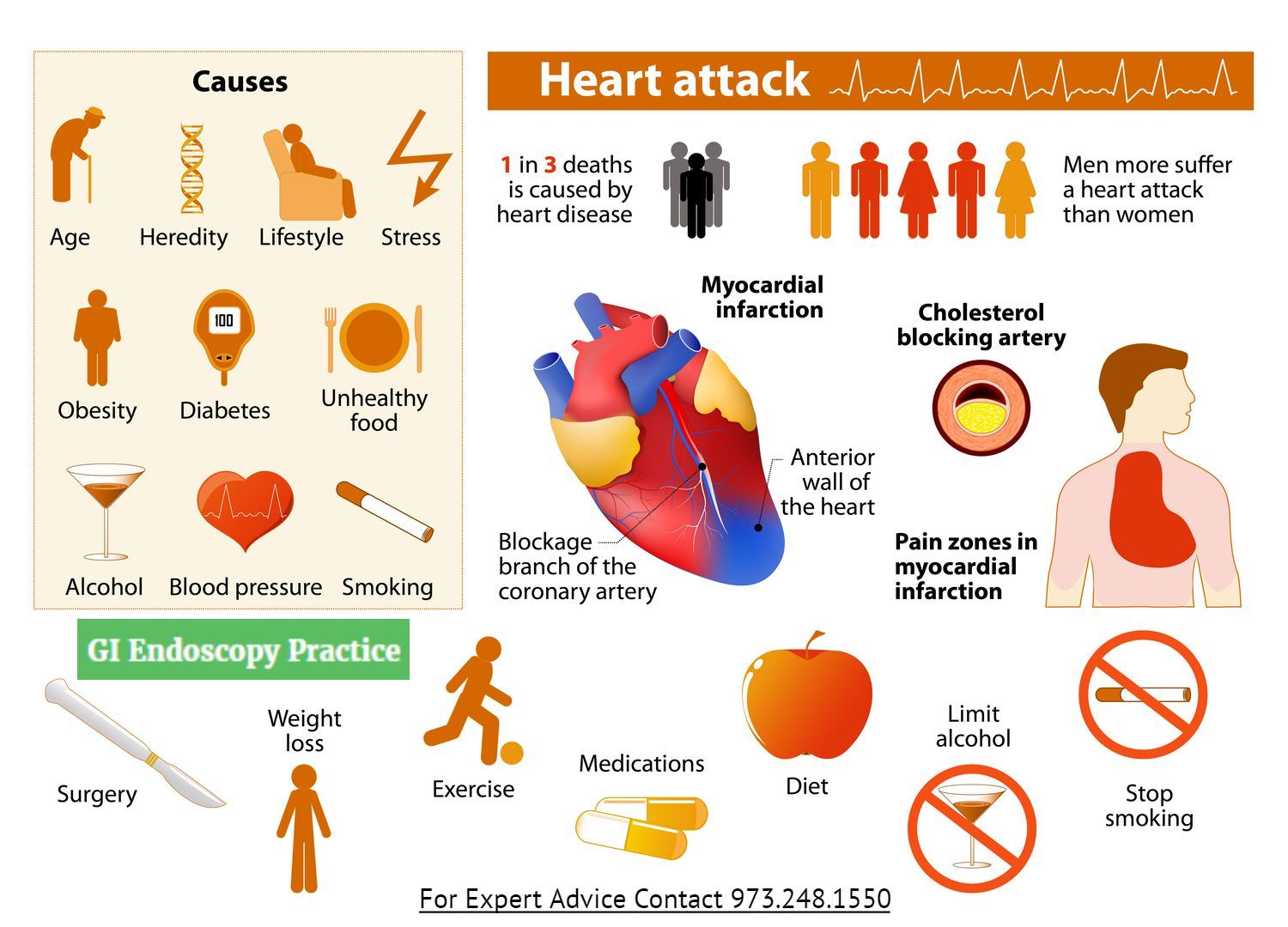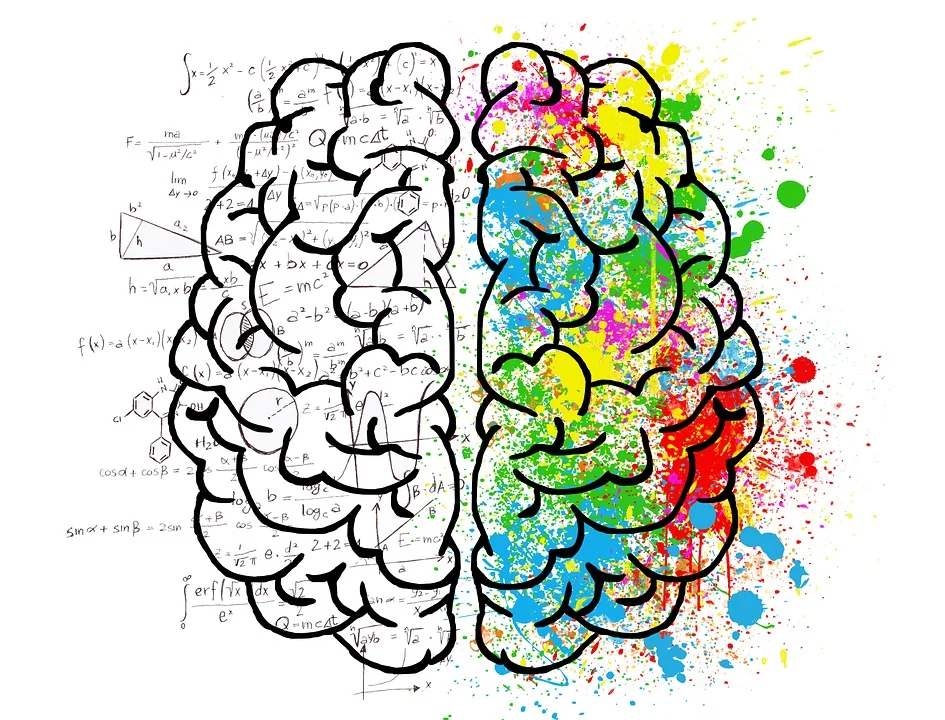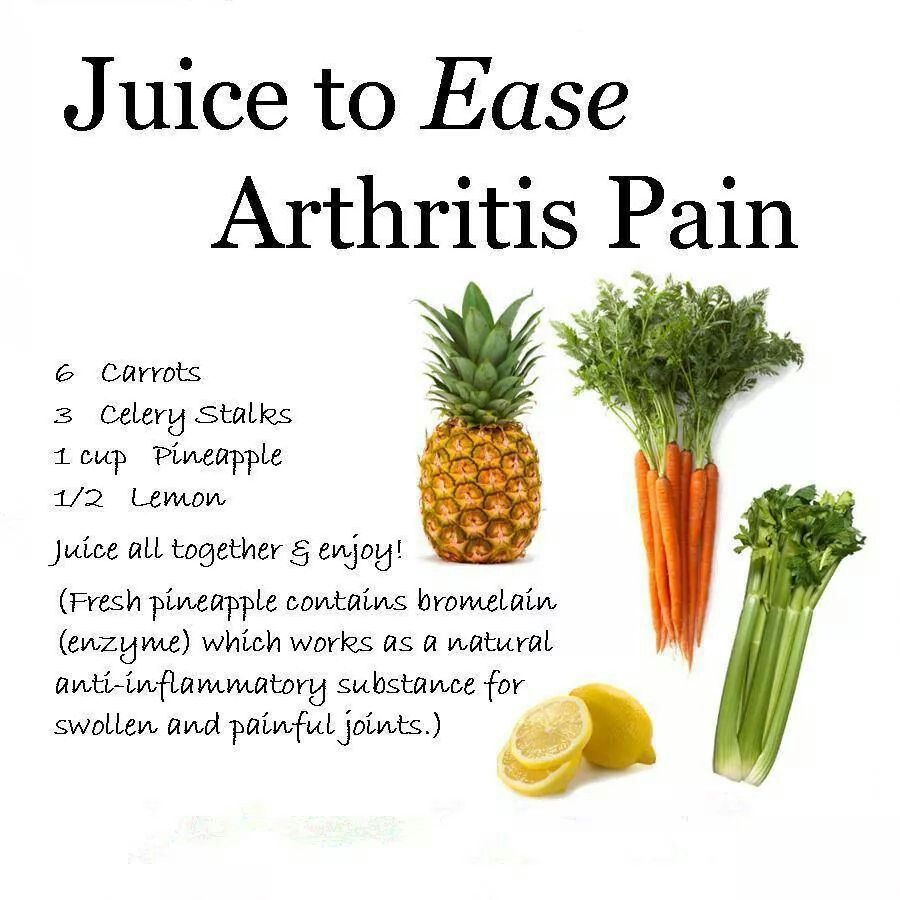Understanding Heart Disease: Causes and Treatment Options
Heart disease is a term used to describe a range of conditions that affect the heart. It is one of the leading causes of death worldwide. Understanding the causes and treatment options for heart disease is crucial for prevention and effective management. In this article, we will explore the different causes of heart disease and discuss various treatment options available.
Causes of Heart Disease
1. Smoking and Tobacco Use: Smoking damages the blood vessels and can lead to the formation of plaques, restricting blood flow to the heart.
2. High Blood Pressure: Uncontrolled high blood pressure puts extra strain on the heart, causing it to work harder and increasing the risk of heart disease.
3. High Cholesterol: Excess cholesterol in the blood can build up in the arteries, narrowing them and obstructing blood flow, leading to heart disease.
4. Obesity and Poor Diet: A sedentary lifestyle and a diet high in saturated fats, cholesterol, and sodium can contribute to the development of heart disease.
5. Diabetes: People with diabetes are at a higher risk of developing heart disease due to elevated blood sugar levels damaging blood vessels over time.
Treatment Options
1. Lifestyle Changes
Adopting a heart-healthy lifestyle can significantly reduce the risk of heart disease. This includes:
Eating a balanced diet rich in fruits, vegetables, whole grains, and lean proteins.
Engaging in regular physical activity, aiming for at least 150 minutes of moderate-intensity exercise per week.
Avoiding tobacco and limiting alcohol consumption.
Managing stress through relaxation techniques, such as meditation or yoga.
2. Medications
In some cases, lifestyle changes alone may not be sufficient, and medications may be prescribed to manage heart disease. These may include:
Blood pressure medications to control hypertension.
Statins to lower cholesterol levels.
Antiplatelet drugs to prevent blood clot formation.
Beta-blockers to reduce heart rate and blood pressure.
3. Medical Procedures
For more severe cases or when medications are not enough, various medical procedures can be performed:
Angioplasty and stenting: A blocked artery is opened using a balloon or a stent to ensure proper blood flow.
Coronary artery bypass grafting (CABG): This surgery involves grafting a healthy blood vessel from another part of the body to bypass a blocked coronary artery.
Heart valve surgery: Damaged heart valves are repaired or replaced with artificial ones.
Heart transplant: In extreme cases, a diseased heart may be replaced with a healthy heart from a donor.
Conclusion
Heart disease is a significant health concern globally, but with proper understanding of its causes and available treatment options, individuals can take steps to prevent or effectively manage the condition. By adopting a heart-healthy lifestyle, taking prescribed medications, and undergoing necessary medical procedures, one can significantly reduce the risk of heart disease and live a healthier life.


